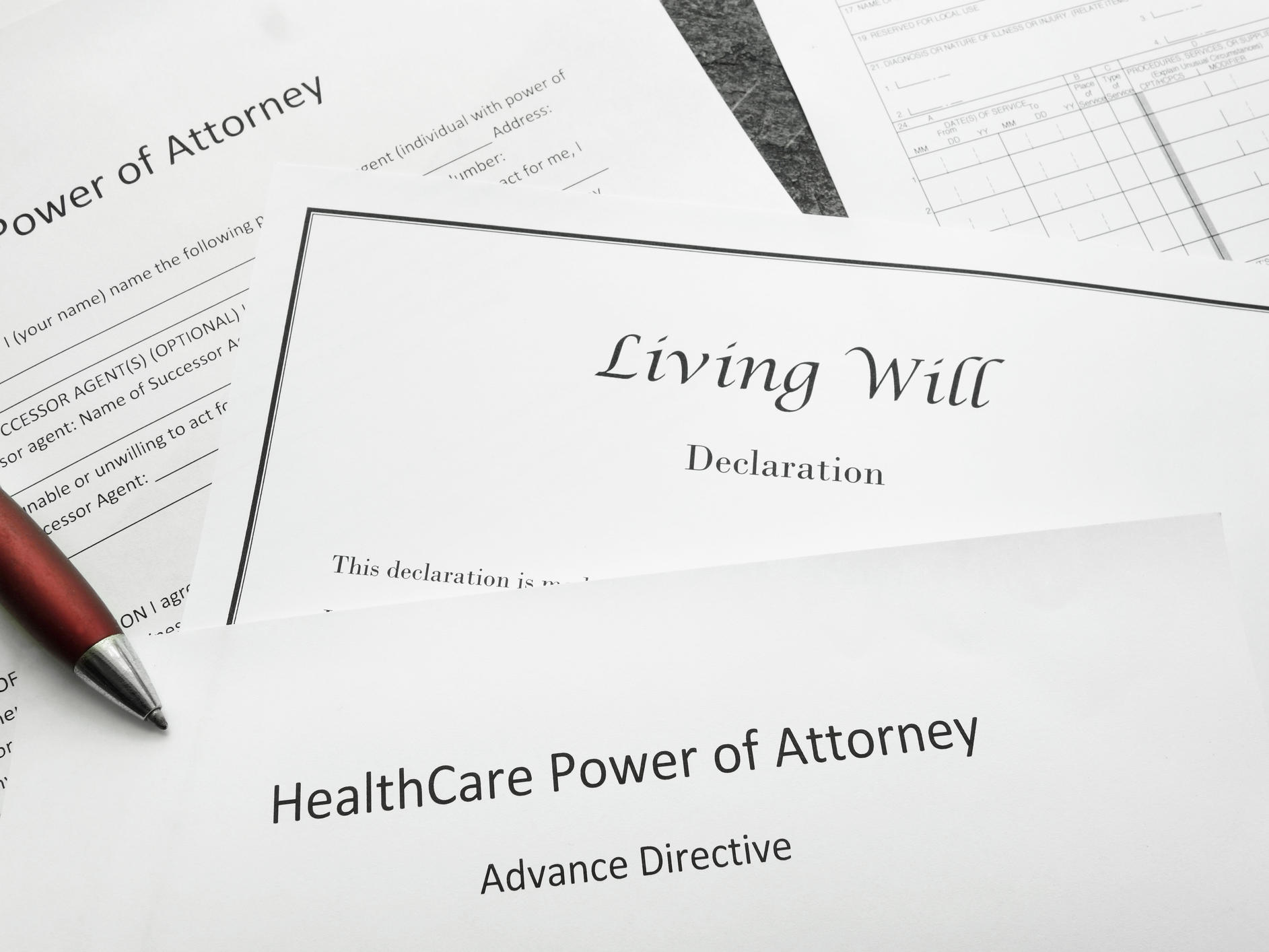Legalities limit advance directives and get in the way of ‘good’ deaths

More and more Americans say they want a “good” death, which usually means dying peacefully at home, surrounded by loved ones. Documents called advance directives can help them achieve that goal by increasing the chances that the care they receive near life’s end aligns with their goals and values. Unfortunately, advance directives have been mired by legalities that limit their utility and even discourage their use. It’s time for that to change.
Although most Americans say they prefer to emphasize comfort when they’re near death, aggressive treatment remains the norm in American health care. In the last month of life, half of all Medicare patients visit an emergency room, one-third are admitted to an intensive care unit, and many have surgery. Ironically, this disconnect between what people want and what they often get is facilitated by well-meaning but misguided laws governing the completion of advance directives.
Advance directives have two parts. The first is a living will that spells out an individual’s wishes for end-of-life care. It might say, for example, whether or not she wants to be placed on a ventilator, or, perhaps more importantly, what types of health states she would consider to be intolerable. The second part is a health care power of attorney that specifies the individual’s chosen decision-maker. By law, advance directives usually require the signatures of two witnesses or a notary, with specific rules varying by state. In some states, approved templates drafted by lawmakers — not clinicians — are the preferred ones.
Only one-third of Americans with advanced illnesses have advance directives, as we found in a recent systematic review in the journal Health Affairs. At the hospitals in Philadelphia where we work, seriously ill patients rarely have directives in their medical chart. For a research study, one of us (S.D.H.) screened more than 9,000 patients at dozens of clinics across Pennsylvania who were expected to live less than two years, and found that only 2 percent had advance directives in their medical records.
Sometimes the documents remain home in a drawer, unavailable to family members and physicians as they gather in the hospital to make decisions. But even when they are available, they often give poor guidance about an individual’s true wishes. As we argue in a recent article in the New England Journal of Medicine, each of these failures can be traced, in part, to the law.
It may seem intuitive that something as important as an advance directive should receive special legal protections, but experience reveals the opposite.
First, laws make advance directives harder to complete. An individual can sign a consent form authorizing major surgery during any doctor’s visit, but can’t create an advance directive unless accompanied by two witnesses or a notary. This need for witnesses or notarization seems to reduce the likelihood that seriously ill individuals who want to complete an advance directive will ultimately do so.
Second, the barriers to creating advance directives also make them more difficult to change. That can make the living will nearly immutable, even though end-of-life goals often evolve with experience and circumstances.
Third, outdated laws regarding advance directives may prevent us from leveraging newer technologies to improve care. We and others have developed web-based platforms that facilitate the completion of advance directives and their integration into electronic medical records. Yet these platforms typically require written signatures rather than electronic ones so the document aligns with state laws. That’s a problem. After one of our own family members — a 99-year-old man who recently moved to an assisted living facility — completed an advance directive online, he was frustrated to learn he then had to print it out, sign it, obtain the signatures of witnesses, and scan it back in. As we found in another recently completed randomized trial, only 25 percent of people who completed an advance directive online subsequently obtained the written signatures on a printed form so the document would satisfy state laws.
Finally, the current rules around completing advance directives shift the process from the doctor’s office to the lawyer’s. That doesn’t make sense. Far more people have doctors than lawyers; they see doctors as more relevant to these decisions than lawyers; and the cost of a visit to the doctor might be covered by insurance, but a visit to a lawyer won’t.
Soliciting the advice of a lawyer to complete what is fundamentally a medical directive is like getting advice from your doctor about completing your taxes.
An advance directive must incorporate a nuanced understanding of an individual’s medical history, treatment options, and foreseeable setbacks, which only a clinician can provide. Further, completing a directive in a doctor’s office helps ensure that the form is accessible in the person’s medical chart. And when people are dying and their circumstances come into sharp focus, they are typically with their doctor, not their lawyer.
Lawyers may argue that extra legal protections around advance directives prevent fraud and send a clear signal to courts. Yet there is no evidence that witnesses or notaries reduce fraud. And it is rare for an advance directive to trigger a lawsuit — our large medical centers haven’t had such a case in at least 20 years. In any event, courts frequently adjudicate disputes over medical care without the benefit of notarized documents, and are equipped to do so whether the subject is end-of-life care or another matter.
The good news is that reform requires little effort. Advance directives are controlled by state law. We urge states to make three minor modifications:
- Eliminate requirements for witnessing and notaries. After all, we don’t require them for other high-stakes medical decisions.
- Clarify that electronic signatures and non-statutory forms are valid, just as they are allowed for other important documents.
- Minimize differences between states. An individual’s wishes for end-of-life care don’t change because he moves from Arizona to Maine.
With modest changes to well-intended but counterproductive laws, advance directives may help give people the voice that they and their family members deserve near the end of life.
Joshua A. Rolnick, M.D., David A. Asch, M.D., and Scott D. Halpern, M.D., work at the University of Pennsylvania. Rolnick is a consultant to Tuple Health, Inc. Asch is a collaborator on OurDirectives.org, a non-commercial Penn-based project to develop a web platform for advance directives as well as a partner and part owner of VAL Health.
This article was edited to update authors’ disclosures.
link







